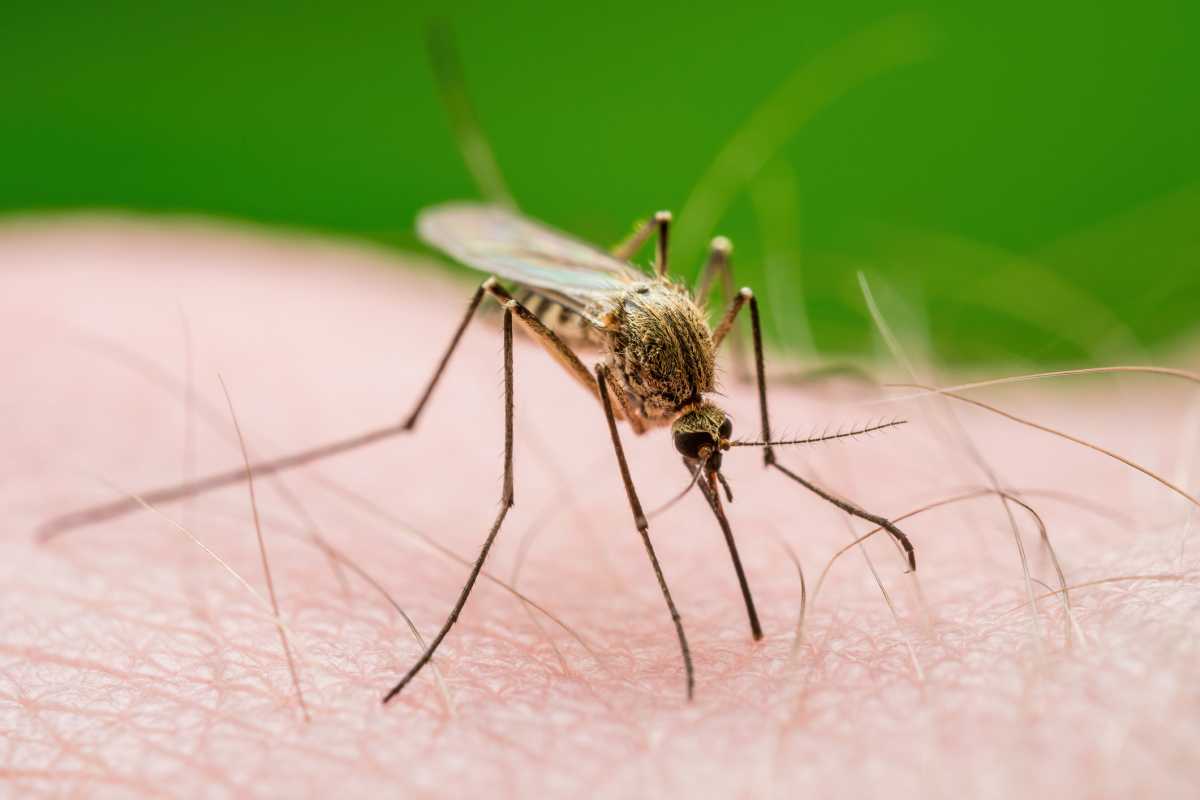The Department of Health will spray parts of Staten Island with pesticides Thursday night to reduce the risk of West Nile Virus borne by mosquitoes.
The spray, which will take place on July 17 from 8:30 p.m. to 6:30 a.m. the following morning, attempts to reduce mosquito activity and mitigate the West Nile Virus, which spreads through mosquitoes and can cause a severe reaction or even death, though most cases do not lead to infection. In case of inclement weather, the city will delay the spray to July 21.
The spray will focus on 11 Staten Island neighborhoods: parts of Annadale, Arden Heights, Bay Terrace, Eltingville, Great Kills, Oakwood Heights, Prince’s Bay, Richmond, Southeast Annadale, Woodrow and Woods of Arden.
The city recommends people stay inside during the spray if in an affected area, though the Health Department is using low concentration of the pesticides with low risk for humans or pets.
Spraying pesticides is common throughout the city during summer months, when mosquito activity is highest, according to a press release. The Health Department will also likely conduct similar sprays in other boroughs throughout the summer.
In a May statement announcing the first pesticide spray of the year, acting health commissioner Dr. Michelle Morse said the sprays help manage the relatively low risk of disease.

“While most mosquitoes across the city do not carry disease, it is still essential to keep New Yorkers safe from any mosquito-borne illnesses,” Morse said. “Throughout the summer, the Health Department will be conducting mosquito control events so New Yorkers can enjoy their time outdoors.”
The Health Department previously conducted mosquito control sprays in areas of Brooklyn, the Bronx, Staten Island and Queens throughout June and early July.
Though the risk to humans is low, the Health Department cautioned people sensitive to spray ingredients, saying they may experience short-term irritation.
Throughout the summer, the Health Department recommends people mosquito-proof their homes and wear insect repellant to avoid bites, as well as eliminate standing water that could serve as breeding grounds.
For more information, visit the Health Department webpage about mosquito control here.
Also Read : https://www.amny.com/lifestyle/cannabis/koa-sloth-conservation-cannabis-space/







































